convert boiler to gas
ionized_gw
10 years ago
Related Stories

LIVING ROOMSHow to Convert Your Wood-Burning Fireplace
Learn about inserts and other options for switching your fireplace from wood to gas or electric
Full Story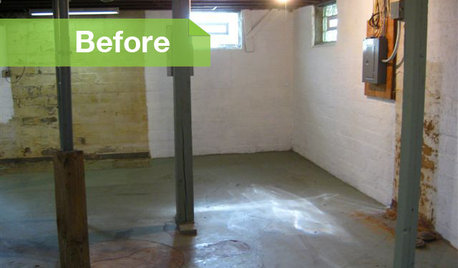
BASEMENTSBasement of the Week: Modern Style Converts an Empty Concrete Box
From raw wasteland to fab living, sleeping and storage space, this snazzy basement now covers all the angles
Full Story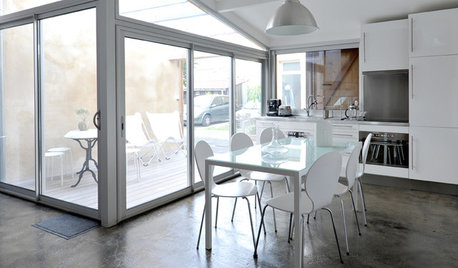
MORE ROOMSMore Living Space: Converting a Garage
5 things to consider when creating new living space in the garage
Full Story
INDUSTRIAL STYLEMy Houzz: From Raw Space to Hip Home in a Converted Utah Garage
Creative repurposing with an industrial edge defines the first home of an engaged couple in Salt Lake City
Full Story
HOUZZ TOURSMy Houzz: Clutter-Free Minimalism for a Converted Brick Storefront
Open and bright, this Salt Lake City home exudes calmness, simplicity and comfort
Full Story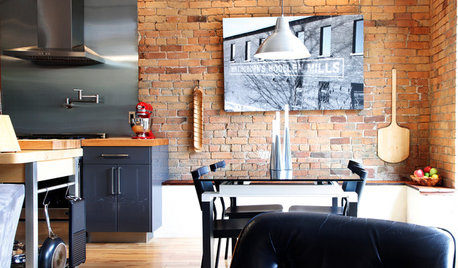
HOUZZ TOURSMy Houzz: Living and Painting in a Converted 1870 Woolen Mill
With a gallery, an art studio and river views, this industrial-style home in Canada is just right for its forward-thinking owners
Full Story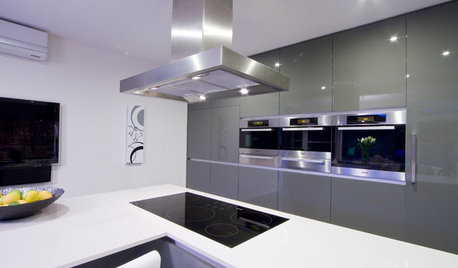
KITCHEN APPLIANCESFind the Right Cooktop for Your Kitchen
For a kitchen setup with sizzle, deciding between gas and electric is only the first hurdle. This guide can help
Full Story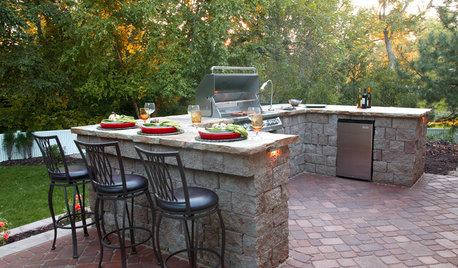
OUTDOOR KITCHENSYour Guide to Grills and More for Great Outdoor Cooking
Learn the pros and cons of gas versus charcoal grills, and about neat add-ons that let you do more
Full Story
FIREPLACESRibbons of Fire: 10 Artfully Minimalist Fireplaces
Long and lean and sleek to the core, these gas-burning fireplaces make a powerful contemporary statement
Full Story
HOME TECHHouzz Tour: A Gin Distillery Turned Bachelor Pad
A renovation converts a dated North London apartment into a sleek, contemporary home for work, rest and play
Full StoryMore Discussions








tigerdunes
mike_home
Related Professionals
Attleboro Solar Energy Systems · Dana Point Solar Energy Systems · East Brunswick Solar Energy Systems · Lomita Solar Energy Systems · Mesquite Solar Energy Systems · Muscatine Solar Energy Systems · Weymouth Solar Energy Systems · Melville Solar Energy Systems · Fairfield Home Automation & Home Media · Glendale Heights Home Automation & Home Media · Sarasota Home Automation & Home Media · Tamiami Home Automation & Home Media · Waltham Home Automation & Home Media · Westminster Home Automation & Home Media · Shorewood Fireplacesionized_gwOriginal Author
mike_home
ionized_gwOriginal Author
jackfre
ionized_gwOriginal Author
ionized_gwOriginal Author
mike_home
ionized_gwOriginal Author
badgerboilermn
ionized_gwOriginal Author
tigerdunes
badgerboilermn
ionized_gwOriginal Author
badgerboilermn
berlin
jackfre
ionized_gwOriginal Author
berlin
badgerboilermn
jackfre
berlin
ionized_gwOriginal Author
berlin
energy_rater_la
ionized_gwOriginal Author